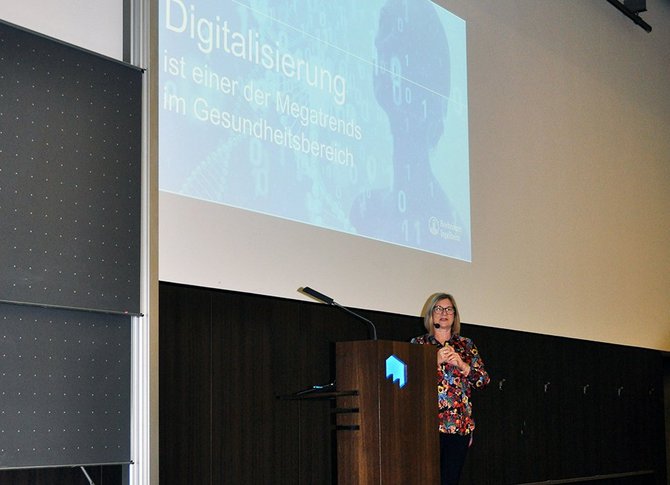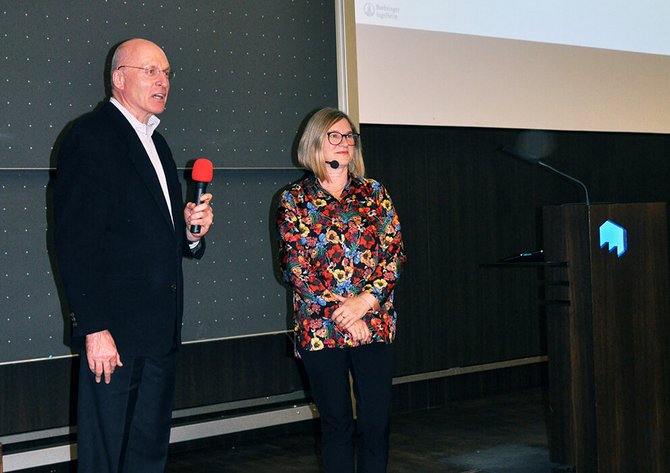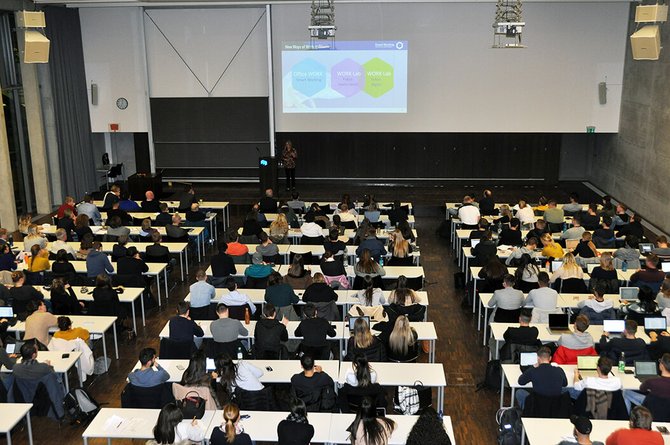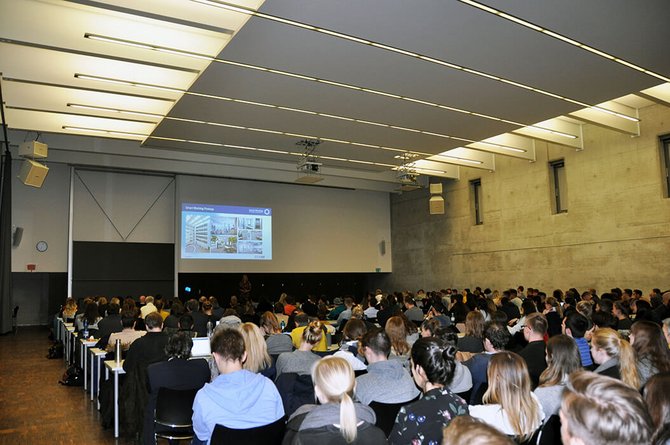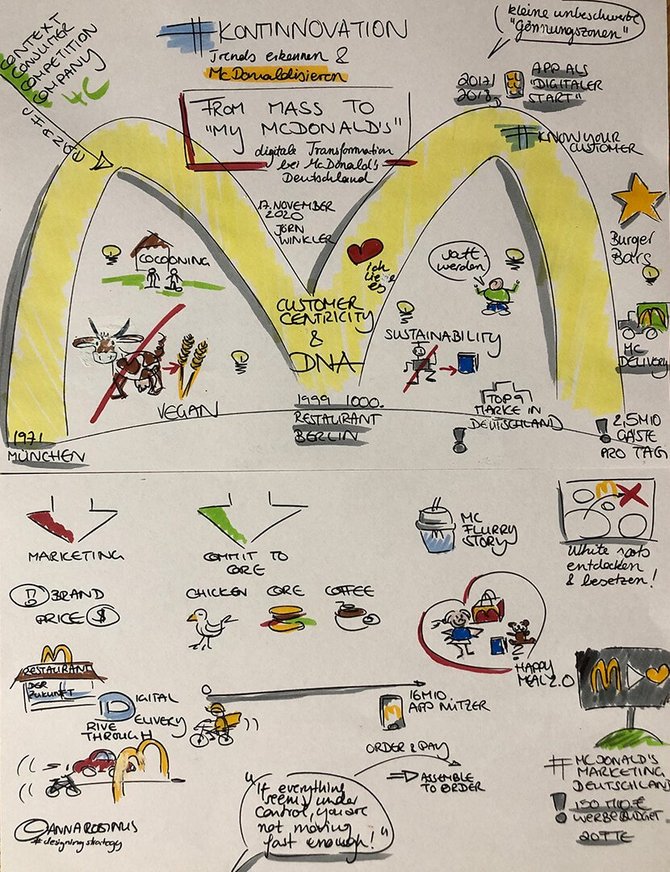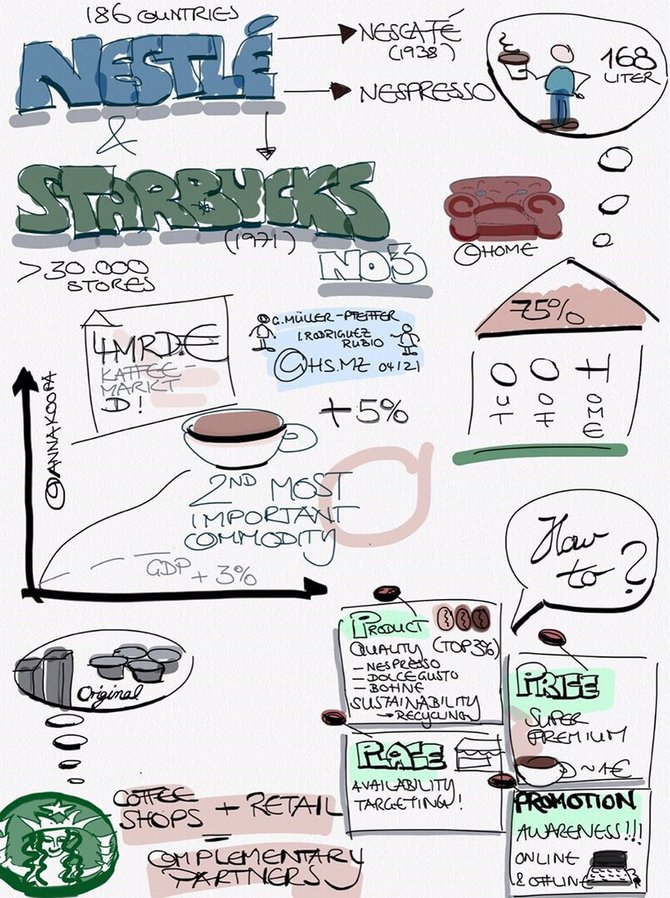Management Department
Corporate Management, Strategic and International Management, Business Planning and General Business Administration: The range of lectures offered by our department covers the entire range of topics in corporate management.
We have committed ourselves to the following goals:
- We teach theoretical concepts from strategic and international management in English and German.
- We develop an integrative view of corporate management.
- We deepen these concepts using practical examples, case studies, and the development of a business plan.
Our classes for bachelor’s degree students
Students in their first semester are provided with an overview of the entire spectrum of business administration. A simulation game integrated into the lecture teaches the first overall connections in teamwork.
The analysis, critical assessment and discussion of specialized topics of the future corporate orientation such as mergers and acquisitions, vertical integration, diversification or innovation management are the main focus of this class. The theory-based lecture content is supplemented by case studies.
Corporate management also includes the globalization of markets and companies. Supported by case studies, you will analyze topics such as intercultural differences or international market entry strategies.
In this class you will learn the necessary theoretical and practical foundations within the context of practice-based entrepreneurship and the successful start-up process enabling you to have an overview of the goals and structure of a start-up in its entirety.
In this option, students engage intensively with the use of visual analytics to explore relationships in data and prepare key insights for management decisions. The focus is on working with Tableau software, one of the leading tools for working visually with data, with no programming knowledge required. Students will learn how to work with the software during structured training sessions. Students then work on a business case study and create a dashboard using Tableau that consolidates the analyses.
In this elective, students gain an insight into the variety of modern business models and into several approaches of business model design as well as business model innovation. Next to the diagnosis and analysis of business models of real companies, students develop appropriate business model innovations in an agile and dynamic way based on gamification.
This lecture gives students an introduction to innovation management in companies and the question of how innovations are fundamental prerequisites for the success, growth and competitiveness of companies. Students learn about factors that influence the course and success of organizational innovation processes and, on this basis, are able to develop concrete starting points for managing these processes. A specific focus is given to the understanding of cross-company innovation activities (open innovation). Basic concepts of innovation management will be presented, as well as the latest research results. The inclusion of case studies from real-world situations serves to deepen and reflect on the lecture content.
In the interactive Business Planning class, students in their final semester apply what they have learned so far in an integrative and practical approach by planning a new business venture (for example, the founding of a start-up).
In Practical Module II, the practical application of various management tools is supplemented by the exemplary application of the creativity technique Kill the Company. Students first analyze the internal and external environment of their employers before working out ideas for promising business models or strategies based on various fictitious approaches/reasons for failure.
In this lecture you will deal with the long-term direction of the company. Basic analysis concepts and tools are explained and applied in detail.
This workshop addresses the question of how companies grow. The main focus will be on the questions:
- Concepts to explain top performance: What can we learn from the best?
- Managing corporate development: How do companies grow?
- Leadership in a crisis: What is really important for managers?
In addition to conveying theoretically well-founded concepts, the implementation in the company's operations plays an important role. The practical relevance is ensured by several lectures by external speakers.
Our classes for master’s degree students
This module provides non-business students with an overview of the subject of business administration. In the process, you will gain an overview of important business decisions and insights into operational functions.
This lecture provides students with knowledge on using management tools to solve complex business issues. The instruments include classic strategy tools, but also analysis and communication tools such as issue trees and the Minto Pyramid. During the classes, students work in groups on a case study where they select, adapt and apply the appropriate tools.
The analysis, critical assessment and discussion of specialized topics of the future corporate orientation such as mergers and acquisitions, vertical integration, diversification or innovation management are the main focus of this class. The theory-based lecture content is supplemented by case studies.
In this class you will deal with the basics of international economics from the perspective of economics and business administration. Building on this, you will expand on these by means of an economic comparison of the French and German economic structures. In addition, case studies will compare management and problem-solving approaches of German and French companies in strategic decisions such as international mergers and acquisitions or in conflict management.
The international field trip is mandatory in the Master's degree in Management program. It will take you to a different economic and cultural environment and will familiarize you with issues of international management from a very practical point of view. The focus is on visits to institutions and primarily companies.
In the Practices of Academic Writing module you will develop a detailed project plan for the preparation of your master’s thesis. You will define the problem on which your thesis is based and conduct an initial, critical literature review. Then, you will develop the research methodology for addressing the problem. You will also create a timeline.
Decisions made in the face of uncertainty and time pressure are a typical phenomenon of everyday business life. You will understand different decision-making situations and techniques. Furthermore, in the Decision-Making module you will learn about the implications of rational decisions and the role of intuition on the decision-making process.
Department members
Department spokesperson:
Prof. Dr. Anna Rosinus
Professors
Prof. Dr. Christian Au
Lecturers
Paul Herwarth von Bittenfeld
Gerhart Flothow
Sebastian Grüner
Manoj Gupte
Sebastian Ludwig
Tobias Mahling
Christopher Offermanns
Julia Taibi-Voigts
Anna Thiel
Department Assistant
Melanie Schäfer
m3 lecture series
The lectures offered by the department are rounded off by the Mainz Management & Marketing Forum (m3). Every semester, we invite several top business leaders to give lectures in the auditorium in the fields of corporate management and marketing, and they are also available to answer your questions.
